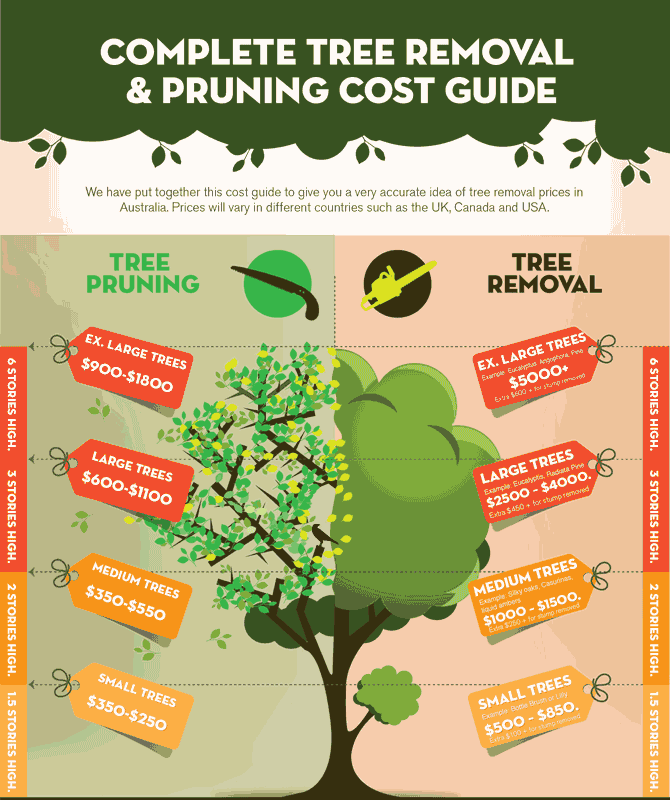The Environmental Implications Of Deforestation: Essential Facts To Be Familiar With
The Environmental Implications Of Deforestation: Essential Facts To Be Familiar With
Blog Article
Content By-Ashworth Kay
When it concerns the ecological effect of tree removal, there are critical aspects that require your interest. From the complex internet of relationships within environments to the succeeding impacts on climate patterns, the repercussions are profound. You could be shocked to uncover the intricate methods which the removal of trees can resound throughout the setting. Remain tuned to unwind the complex links and ramifications of this seemingly straightforward act.
Logging and Environment Loss
Logging and environment loss are vital problems originating from tree removal. When trees are lowered, it interferes with whole environments. Not just are the trees themselves shed, yet the homes and food resources of countless plant and animal types are damaged too. Birds lose their nesting websites, mammals shed their shelter, and pests shed their environments. The effects surge via the food web, affecting killers and victim alike.
Moreover, logging adds to environment change. Trees play an important role in absorbing carbon dioxide, a greenhouse gas that catches heat in the atmosphere. With fewer trees, there's less carbon dioxide absorption, resulting in boosted degrees of this gas in the atmosphere and aggravating international warming.
Environment loss is a straight result of deforestation, as the devastation of forests suggests the loss of unique and varied environments. Numerous varieties are incapable to adapt to quick changes in their atmosphere, leading to population decreases and, in many cases, extinction.
Securing https://www.google.com/search?q=Precision+Timber+Felling&ludocid=14488364426700125656&lpsid=CIHM0ogKEICAgIC12ealJw&source=sh/x/localposts/m1/1&lsig=AB86z5XDzNisBWY-O2yj3bksCBA3&shndl=-1&kgs=857edde0ca74e2e9 is important to keeping the delicate equilibrium of nature and making sure the survival of many plant and pet species.
Effect on Biodiversity
The elimination of trees has a substantial influence on biodiversity, affecting the range and abundance of plant and animal varieties in a location. Trees provide habitat and food resources for countless microorganisms, from pests to birds to creatures. When trees are gotten rid of, these types shed their homes and resources of nourishment, bring about a decrease in their populaces. This disturbance can have plunging effects on the whole environment.
Additionally, trees play an important role in keeping biodiversity by producing microhabitats within their covers, trunks, and roots that sustain a vast array of types. When trees are lowered, these specialized atmospheres are damaged, lowering the general variety of the location.
Additionally, the removal of trees can lead to a reduction in hereditary variety within plant populations, as specific tree types may no longer have the ability to duplicate or spread effectively. Shielding trees and woodlands is vital for protecting biodiversity and guaranteeing the health of ecosystems for future generations.
Soil Erosion and Environment Modification
With trees being gotten rid of from a location, the interruption of soil framework and security happens, causing raised soil disintegration. Trees play a vital duty in preventing erosion by holding dirt in position with their root systems. When trees are removed, particularly in large numbers, the soil becomes much more prone to disintegration from wind and water. This erosion not only influences the immediate surroundings however can additionally result in sedimentation in close-by water bodies, impacting water top quality and aquatic ecological communities.
Additionally, trees help manage the environment by soaking up carbon dioxide during photosynthesis. When trees are cut down, this all-natural carbon sink is reduced, adding to increased levels of greenhouse gases in the atmosphere. This can exacerbate environment change, causing even more severe climate events and disruptions in ecological communities worldwide.
As a result, the elimination of trees not just accelerates dirt erosion yet also contributes in the larger environmental concern of climate change. It's crucial to consider these variables when evaluating the influences of tree removal on the atmosphere.
https://www.mercurynews.com/2013/03/25/yardsmart-low-cost-landscaping-ideas-for-a-rental-home/
Since you know the ecological influence of tree removal, think about the consequences before reducing trees. Deforestation disrupts ecological communities, reduces biodiversity, and contributes to dirt disintegration and climate adjustment. By being mindful of the effect of tree elimination, you can assist shield our environment and preserve the delicate balance of nature. Make educated selections and take into consideration alternate remedies to decrease the adverse effects on our world.
